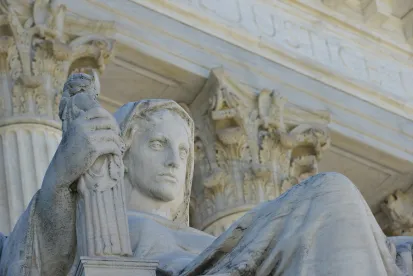Last week, in Universal Health Services Inc. v. U.S. ex rel. Escobar, the Supreme Court unanimously affirmed the viability of the “implied false certification” theory of False Claims Act liability, at least in certain circumstances. Writing for a unanimous Court, Justice Thomas explained that a defendant can face FCA liability under an implied certification theory where two conditions are satisfied:
-
The claim asserts a request for payment and makes specific representations about the goods or services provided, and
-
The failure to disclose noncompliance with material statutory, regulatory, or contractual requirements makes those representations misleading half-truths.
This portion of the ruling was not unexpected given the overwhelming acceptance of implied certification among the Circuit courts. But, more importantly, out of concern that the statute be applied too broadly, the Court also explained at length that the “materiality” standard in the statute is a “demanding” one, and set a high bar for the Government and relators to demonstrate materiality of the alleged non-compliance. Indeed, the Court rejected the argument that the materiality of an undisclosed violation of law, regulation, or contract depends entirely on whether the provision in question was designated by the Government as a “condition of payment.” Instead, the Court explained that the ultimate test is not whether the condition of payment is expressly designated as such, but “whether the defendant knowingly violated a requirement that the defendant knows was material to the Government’s payment decision.” Op. at 2 (emphasis added).
Although it remains to be seen how courts will address materiality going forward, the Escobar decision has the potential to narrow application of the False Claims Act, particularly in situations where the government previously has made payment without regard to compliance with the provisions at issue. Our full analysis, including initial thoughts regarding the implications of the Court’s decision, is available here.






 />i
/>i

